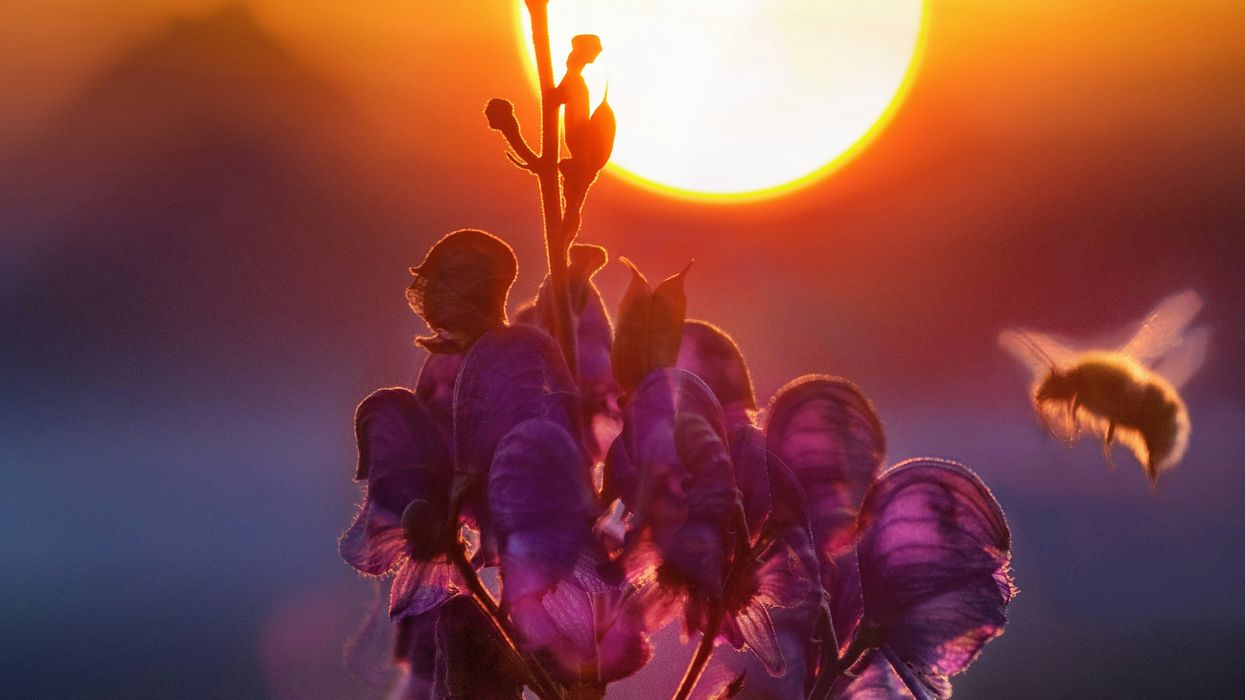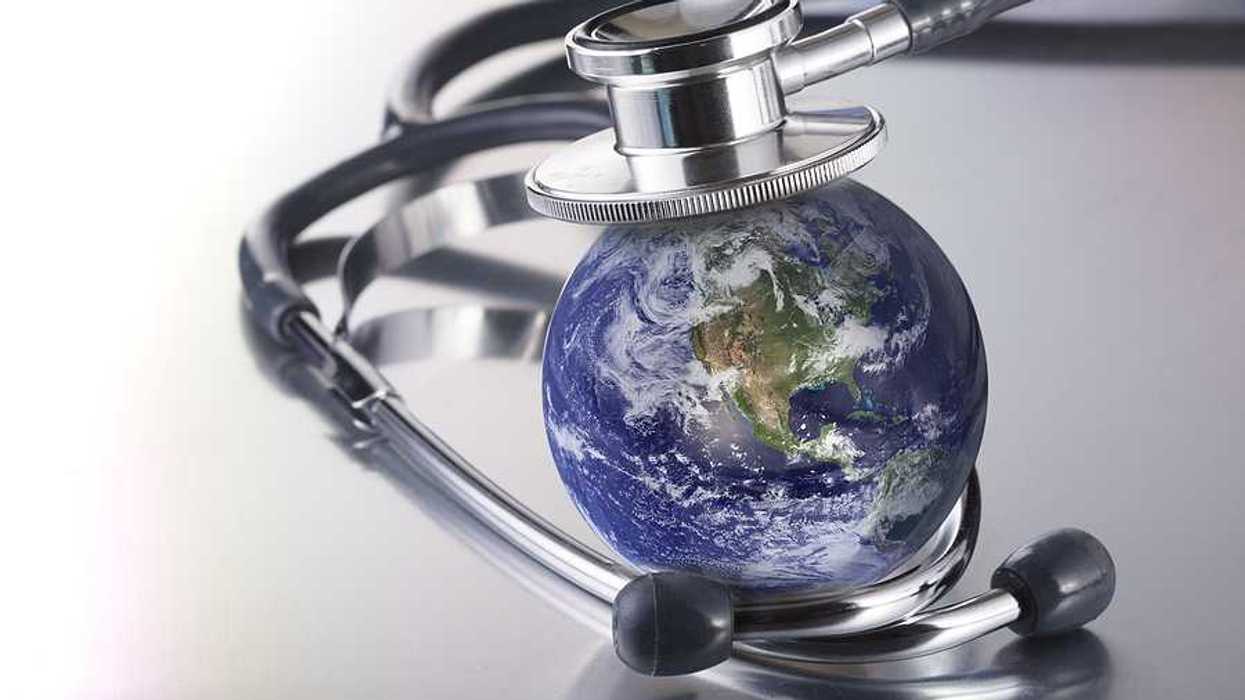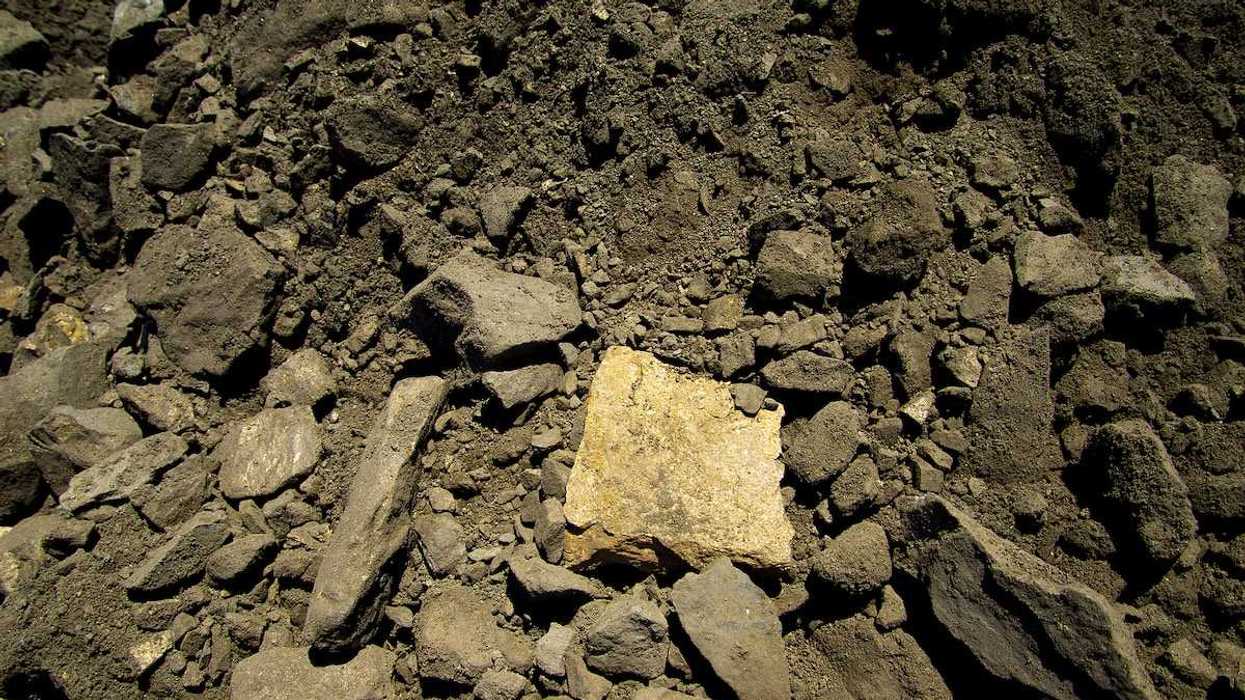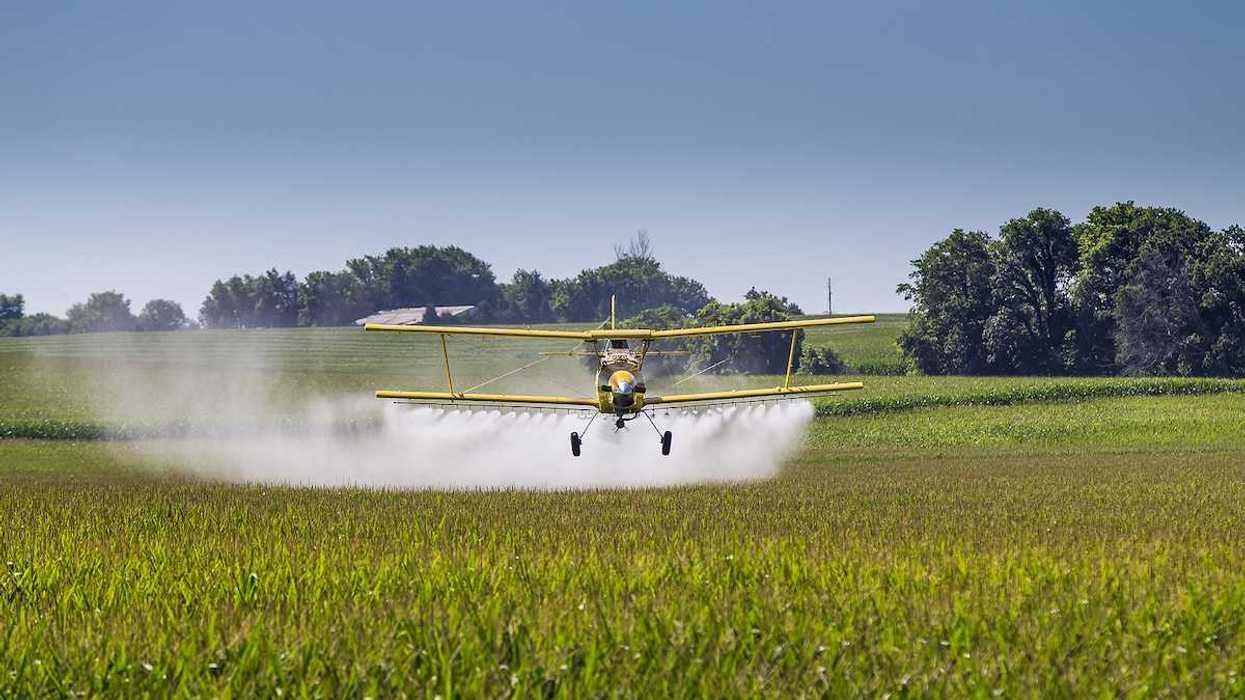A recent study published in Nature Sustainability found that pesticide use may be a major factor in the decline of bee populations within the United States.
In short:
- All families of bee species examined were found to be negatively affected by pesticides, including species critical for crop pollination.
- For some species, high pesticide use reduced the likelihood that bees would be present in an area by over 40%.
- Additional studies have shown that pesticides can impair bees’ navigation, ability to find food, longevity and reproductive health.
Key quote:
“These results suggest that mechanisms that reduce pesticide use… can potentially facilitate pollination conservation.”
Why this matters:
Wild bee populations are important pollinators for many crops, making them essential for maintaining viable agriculture and stable ecosystems within the US. The results of this study demonstrate pesticides’ capacity to negatively impact wildlife populations, and the authors highlight the need to invest in pest control methods that do not rely on pesticides.
Related EHN coverage:
- New analysis warns of pesticide residues on some fruits and veggies
- Citing birds and bees, groups petition EPA to close pesticide loophole
More resources: New York’s Empire State Native Pollinator Survey found that 38% of New York’s native pollinators are at risk of extirpation from the state; in the worst-case scenario, as much as 60% of the native insect pollinators may be at risk. See more coverage here: Neonicotinoid restrictions aim to save New York's native pollinators
Guzman, Laura et. al for Nature Sustainability. Aug. 27, 2024

















